Stress and hyperacidity
STRESS & HYPERACIDITY
Stress: – can be defined as a state of worry or mental tension caused by a difficult situation. Stress is a natural human response that prompts us to address challenges and threats in our lives. Everyone experiences stress to some degree. The way we respond to stress, however, makes a big difference to our overall well-being.

Stress is anything in excessive that puts extra load on: –
Brain
Body
Neurons
Nerves
Muscles
These days, many people seem to be impatient, and stress is a big reason for that. When we’re stressed, it can make us feel like things need to happen quickly, and when they don’t, we get impatient. Stress from work, personal life, or other sources can add up and make us feel like we’re always in a hurry. This constant rushing can make people more impatient in general. It’s essential to recognize that impatience is often linked to the stress we experience in our daily lives. Finding ways to manage stress can help in becoming more patient and handling things calmly.
Types of stress:-
1. Trauma Stress: Trauma stress results from experiencing a highly distressing or disturbing event, often causing emotional and psychological harm. This can include events like accidents, abuse, natural disasters, or violent incidents. Trauma stress can lead to long-lasting emotional and psychological effects, such as post-traumatic stress disorder (PTSD). Individuals may experience flashbacks, nightmares, and heightened anxiety as a result of the traumatic event.
2.Emotional Stress: Emotional stress is the strain on one’s emotional well-being, often triggered by events, relationships, or internal struggles. It can encompass a range of feelings, including anxiety, sadness, frustration, or anger. Emotional stress can affect mental health and may manifest in physical symptoms. Coping strategies like seeking social support, practicing mindfulness, or engaging in activities that bring joy can help manage emotional stress.
3. Mental Stress: Mental stress refers to strain on the cognitive aspects of well-being, such as cognitive overload, constant worrying, or pressure to meet mental demands. It can result from factors like work pressure, academic challenges, or financial concerns. Mental stress can lead to difficulties in concentration, memory issues, and negative impacts on decision-making. Effective stress management techniques, such as time management and relaxation methods, can be beneficial.
4. Physical Stress: Physical stress is the strain on the body due to factors like illness, injury, or demanding physical activities. It can also result from inadequate sleep or poor nutrition. Physical stress can manifest in various ways, including fatigue, muscle tension, headaches, and susceptibility to illnesses. Prioritizing physical health through proper rest, nutrition, and exercise is essential for managing physical stress.
5. Environmental Stress: Environmental stress is caused by external factors in one’s surroundings, such as noise, pollution, overcrowding, or even natural disasters. These factors can contribute to a sense of discomfort and unease. Environmental stress can affect mental and physical well-being. Creating a calm and organized environment, practicing relaxation techniques, and finding ways to connect with nature can help alleviate environmental stress.
6. Conditional Stress: Conditional stress is stress that arises from specific circumstances or conditions. This could include stress related to deadlines, performance expectations, or other situational factors. The impact of conditional stress varies depending on the nature of the circumstances. Developing problem-solving skills, effective communication, and time management can be valuable in addressing conditional stress.
Reason for stress: –
1.Excessive work pressure/Over ambitious
2.Lack of sleep or rest
3.Nature (Prakriti of a person)
4.Family/Health/Finance
5.Study
6.Gas/indigestion/acidity
4 main happy hormones “anti-stress hormones”: –
1. Serotonin – Type of Neuro transmitter Mood stabilizer/Happy Hormones
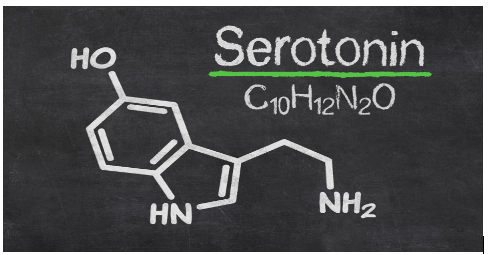
Serotonin is often referred to as a “mood stabilizer” or one of the “happy hormones” because of its significant role in regulating mood and contributing to feelings of well-being and happiness. As a neurotransmitter, serotonin functions as a chemical messenger in the brain, transmitting signals between nerve cells.
Activities like –
1. Running
2. Mindful mediation
3. Cycling
4. Exposure to sun
5. Singing
These activities help naturally secrete serotonin in the body.
2.Dopamine – Messenger Between Nerves Activate/Motivate/Energizer Also called reward chemical: Feel good
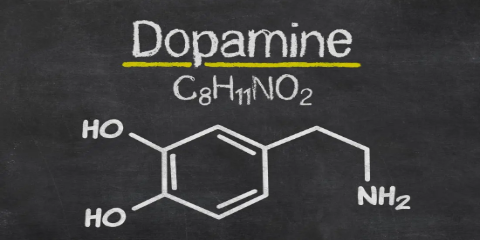
Dopamine is a neurotransmitter, a chemical messenger that plays a crucial role in various functions within the brain and body. It is often associated with feelings of pleasure, reward, motivation, and movement.
Activities like –
1. Enough sleep
2. Favorite Food
3. Favorite activity
These activities Help naturally secrete Dopamine in body.
3. Endorphins – Natural Pain killer for body Relaxing feeling
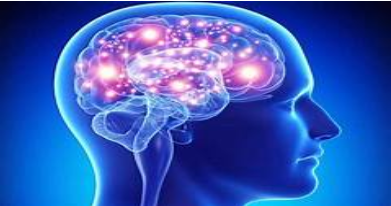
Endorphins are natural chemicals produced by the body that act as neurotransmitters in the brain. They play a significant role in mood regulation, pain perception, and overall well-being.
Activities like –
1. Laughter Therapy
2. Consuming dark chocolates
3. Music
These activities Increase natural secretion
4. Oxytocin –It’s a hormone, that works as a Neuro transmitter
Great strength in relationship
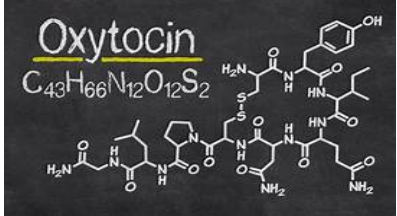
Oxytocin is a hormone that also acts as a neurotransmitter in the brain. It is often referred to as the “love hormone” or “bonding hormone” due to its role in social bonding, emotional connection, and various physiological functions.
1. Trust
2. Socializing
3. Hugging
4. Physical touch
5. Help
6. Massage
These activities Help naturally secrete Oxytocin in
Body.
Hyperacidity
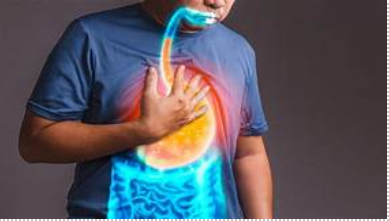
Hyperacidity, also known as acid hypersecretion or acid reflux, is a condition characterized by an excessive production of stomach acid. Stomach acid, primarily composed of hydrochloric acid, plays a crucial role in the digestive process by breaking down food for absorption.
1.HCL in stomach gives acidic environment in stomach. Helps to digest food
2.If excessive or buffer creates problem
3.If digestion disturbed it creates acid and stress.
4.Disturb sleeping pattern
Causes:
1. Diet: Consuming spicy, fatty, or acidic foods can contribute to increased stomach acid production.
2. Lifestyle Factors: Smoking, excessive alcohol consumption, and certain medications can lead to hyperacidity.
3. Medical Conditions: Conditions such as gastroesophageal reflux disease (GERD), peptic ulcers, or Zollinger-Ellison syndrome can cause hyperacidity.
4. emotional Stress: Emotional stress can sometimes trigger or worsen hyperacidity symptoms.
Acid reflux:-
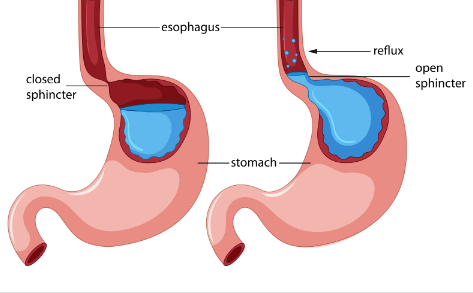
Acid reflux is reverse from stomach to food pipe, due to valve damage/weak valve. It occurs when stomach acid flows back into the esophagus. The esophagus is the tube that carries food from the mouth to the stomach. While some degree of reflux is normal, persistent or frequent acid reflux can lead to discomfort and complications.
Hyperacidity creates minor to major problems in the body:-
1. Gas
2. Acidity
3. Constipation
4. Disturbs gut health
5. Toxicity
6. Uric acid
7. Liver and kidney
8. damage
9. Ulcers
10. Piles
11. Choke up
12. Migraine
13. Acidity
Investigation required
1.Upper Gl endoscopy Bravo wireless esophageal
2.Ph monitoring
3.Esophageal Manometry
4.Barium Swallow
Naturopathy Treatment

1. Mud application or Mati snan
2. Hydrotherapy
3. (Enema/Lapet) Pranayama
Homemade remedies
1. Ash gourd juice
2. Fresh coriander + mint + curry leaves juice
3. Amla juice
4. Jeera and coriander seeds
5. water
6. Saunf
8. Fresh fruits and salad
Herbs
1. Dalbergia leaves
2. Wheat grass fresh
3. Sut Shekhar
4. Kamdudha ras
5. Trifala
6. Avipatikar
7. Satavri
8. Jesthimadhu








